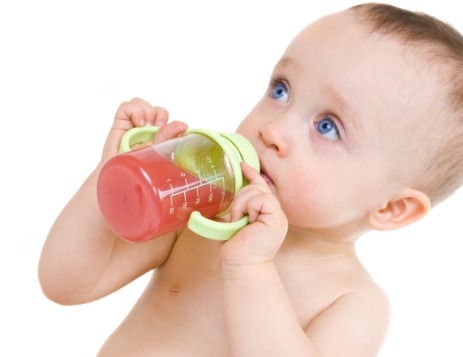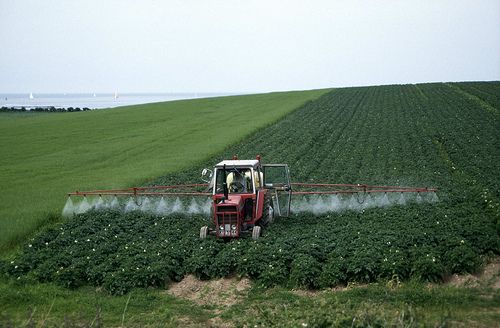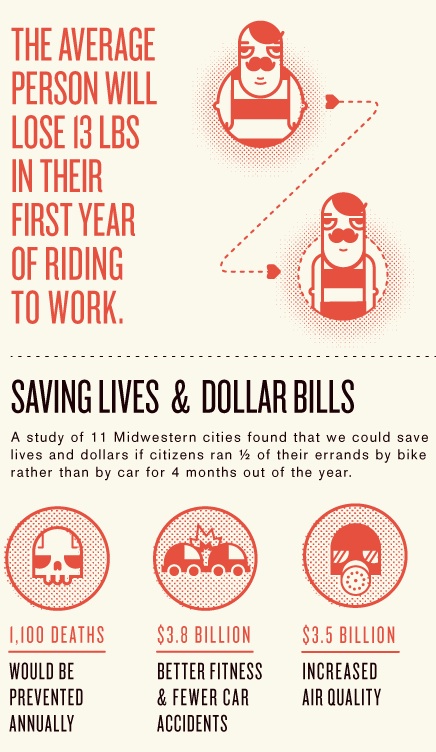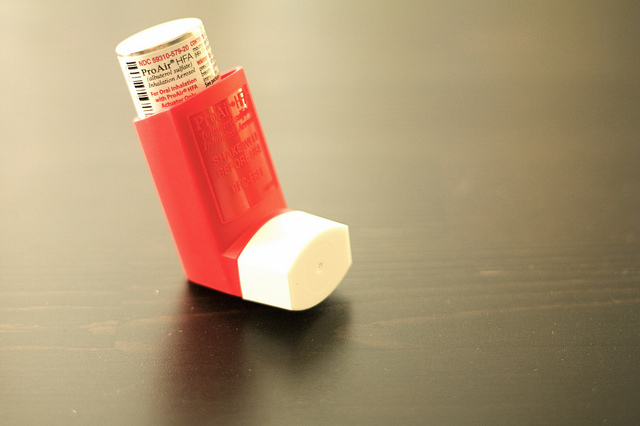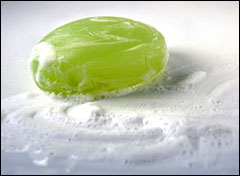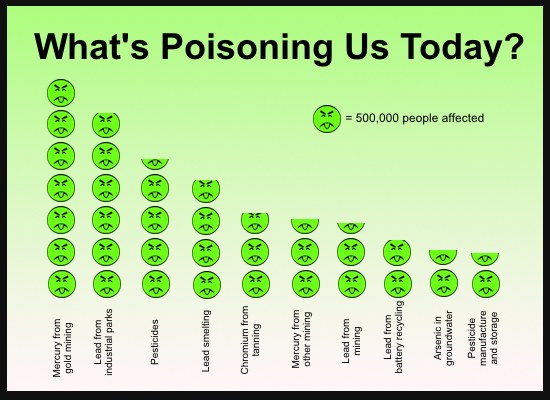health
-
Low doses of BPA are worse for you than high doses
The pesticide and plastics industry have a lot invested in the safety of chemicals like bisphenol A and atrazine. Such “endocrine-disrupting” chemicals mimic human hormones, and research has tied them to health problems like cancer and infertility. But these industries have always held up studies that look at exposure to huge doses of endocrine disruptors. […]
-
French judge: Monsanto poisoned farmer
In 2004, Paul François, a French farmer, breathed in the vapor of Monsanto’s Lasso weedkiller while cleaning out the tank of a crop sprayer. He lost consciousness and later suffered from memory loss and headaches. Monday, a French court found that Monsanto could be held liable for poisoning François.
-
Protein: How much do we need?
Most of us tend to concern ourselves with whether we're getting enough protein. What about getting too much in a way that might waste the earth's natural resources? We start out our protein series with a look at how much of this nutrient is necessary.
-
Monsanto won’t have to clean up dioxin in West Virginia
West Virginia continues to win the game of exposing human beings to extremely hazardous conditions in exchange for working-class pay, then telling them to deal with it when they get sick. The latest example of this behavior doesn't even have to do with coal, but with Monsanto and Agent Orange.
For 30 years, the Monsanto plant in a town called Nitro (named after the chemicals produced there! For real!) produced a defoliant ingredient that would later be used in Agent Orange. But the herbicides made in Nitro were contaminated with dioxin, which meant that Nitro residents were exposed to the toxic chemical beginning in the late 1940s. Dioxin has been connected to every bad health impact imaginable—for adults, problems like cancer and immune suppression, and for kids, problems like birth defects and learning disabilities. And now, because of the way West Virginia law works, the most that the citizens of Nitro can ask from the company is that it covers the cost of medical testing fees. -
How bikes can solve America’s most pressing problems
(click to embiggen) Air quality, obesity, commute times, strained family budgets, unnecessary deaths, runaway health care expenses — is there anything that a mass shift to bicycles transportation wouldn't solve? And it's not like this is a fantasy — Europe has demonstrated that not only is this possible, it's the future.
-
Eating rice raises risk of arsenic exposure
Sometimes it just feels like we should give up eating, particularly if "we" are "pregnant women." A new study links rice consumption with higher levels of arsenic in the bloodstream, which can increase the risks of infant mortality and low birth weight. Most arsenic exposure comes from water, and the study found that 10 percent […]
-
Lobbyists scoff at the idea of children’s health
The New York Times has a big article about the fight for ozone regulation, which apparently was pretty much EPA chief Lisa P. Jackson versus the world. It's an interesting meditation on the power of buzzwords — namedropping "the economy" and "jobs" helped neutralize support for the regulations, even though analyses showed that they wouldn't […]
-
Hilton hotels recycle soap for charity
Pretty much nobody besides Eloise and Leonard Cohen stays in a hotel for long enough to go through a bar of soap. They can't put your slightly-used soap out for the next guest, though, so hotels throw out more than 2.5 million bars a day. Hilton Hotels have now realized how stupid this is, and […]
-
Infographic: The top toxic health hazards
We figured this depressing Scientific American article about the top 10 pollution-related health hazards deserved the Onion-style infographic treatment. Here are the actual numbers for how many people are being sickened or killed by toxic pollution worldwide: Mercury pollution from gold mining (3.5 million people) Lead pollution from industrial parks (nearly 3 million) Pesticides from […]
